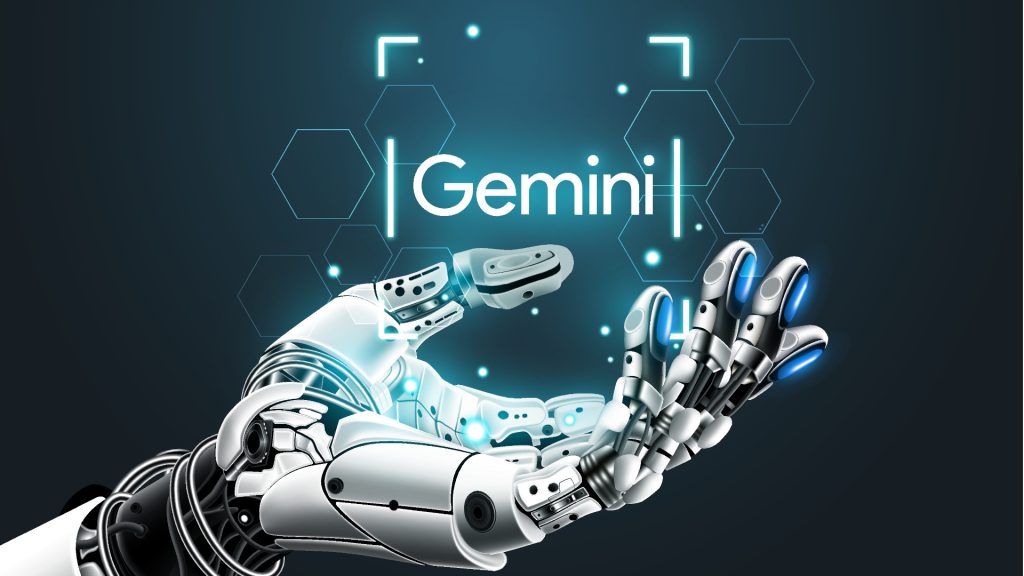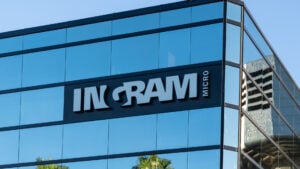Google fires the next AI salvo: The Gemini model is set to outdo Microsoft, Amazon & Co. But how does the Group plan to monetize it? The battle between the tech giants is coming to a head. An interview with Dr. Thomas Thiele, Principal in the Innovation Practice at Arthur D. Little.
Mr. Thiele, tech giant Alphabet celebrated developments in artificial intelligence at its developer conference. What news did you find particularly exciting?
Thomas Thiele: The presentation of all products and services was overshadowed by the new Gemini functions – above all the increase in the so-called token size to 2 million. This goes hand in hand with the promise of generating better results for large texts, but also text and videos. The evaluations of the models will have to show what “better” means, but I expect an even more precise question-and-answer game that can take more context into account and thus provide more comprehensive answers. For “chatting with documents” in particular, this will mean a significant leap forward, as the document collections can use text, audio and video equally and can be larger. The presentation was certainly a milestone for the implementation of smart assistants in our everyday lives.
Alphabet’s plans for its own semiconductor innovations made people sit up and take notice. The aim is to compete with Amazon and Microsoft in the cloud business with greater efficiency. How do you see the prospects of success?
Thomas Thiele: The reference to the collaboration with Nvidia in particular seems to be a clear indication that Alphabet’s “AI First” strategy does not stop at hardware. While other providers such as Microsoft and Apple are also presenting their own developments and flirting with AMD, Google Cloud is relying more explicitly on the current leader, Nvidia.
This is well-known and popular with customers, and Nvidia’s performance promise and willingness to cooperate in the hardware and software stack are right. Google Cloud now has a good chance of gaining ground, especially in the comparatively new AI cloud market. Essential requirements: Compatibility with other providers, easy access and exclusive availability of the latest Nvidia graphics cards. Alphabet also emphasizes the aspect of sustainability with its own chip developments. AI is stirring up a new competition between the cloud giants.
OpenAI released its latest version for users shortly before the conference. Will the company remain the big rival? The rumor mill about an OpenAI cooperation with Apple has recently startled Alphabet shareholders. How does Alphabet intend to outdo its competitor?
Thomas Thiele: Gemini advertises with its “truly multimodal” feature and the breadth of the context covered. The latter is a clear advantage on paper. Applications based on the LLM will show how this works in reality. However, the demonstrations in the interaction with video data (Q&A with YouTube) and the audio dialog function make you want more.
The speed of the Gemini models remains to be seen. The release of OpenAI approx. 24 hours before the I/O event was aimed precisely at this capability. Fast responses from the models ensure a special user experience in day-to-day use and are therefore certainly a success factor.
At the Microsoft developer conference, the current focus was on the quantum leap of AI computers. It sounded more like Microsoft wanted to take on the top dog Apple in the hardware sector. This could be good news for Google.
The use of AI could change the way we search the web. Do you see the danger of Google cannibalizing its own cash cow, search?
Thomas Thiele: At I/O, it became clear that the classic Google search will change. AI will help to radically simplify the search for the right terms for the right hits. This transforms the search into an interaction with data instead of a search for data. In future, it will no longer be “I adapt to the search”, but “I adapt the data to my needs”. With its basic search services and the associated data, Google still has a massive platform to consolidate its market position
What monetization opportunities will AI then bring for Google?
Thomas Thiele: The big question that arises from this is how the additional service will be financed in the long term. This is because the training and availability of Gemini will make individual searches more expensive rather than cheaper. This leads to two options: Either Google will soon offer two types of search as free and paid services, with the latter harboring a significant acceptance risk. Or there must be counter-financing in the advertising business – whether this succeeds remains the decisive question for the Group. Premium ads could then be integrated into the Google search summaries, for example. One point of discussion will certainly be how this is compatible with the AI Act, which prohibits subtle behavioral manipulation.
Will you try to launch the solutions even more in the industrial sector?
Thomas Thiele: This is indeed one of the biggest areas of development for Google Cloud products. Questions about Generative AI and the choice of the right LLM for the right application are still unanswered in industrial applications. With the right strategy, Google can gain a foothold here. Anchor points for this are Gemini’s ability to integrate into existing architectures and the protection of sensitive data.
The Android platform has already opened a few doors, especially in the automotive sector. This means that the integration of Gemini is at least within reach for end customers. Industrial customers need a similar level of media attention, as this is not just about technical performance, but also about trust and understanding of the industry. Competitors are ahead in some areas.




